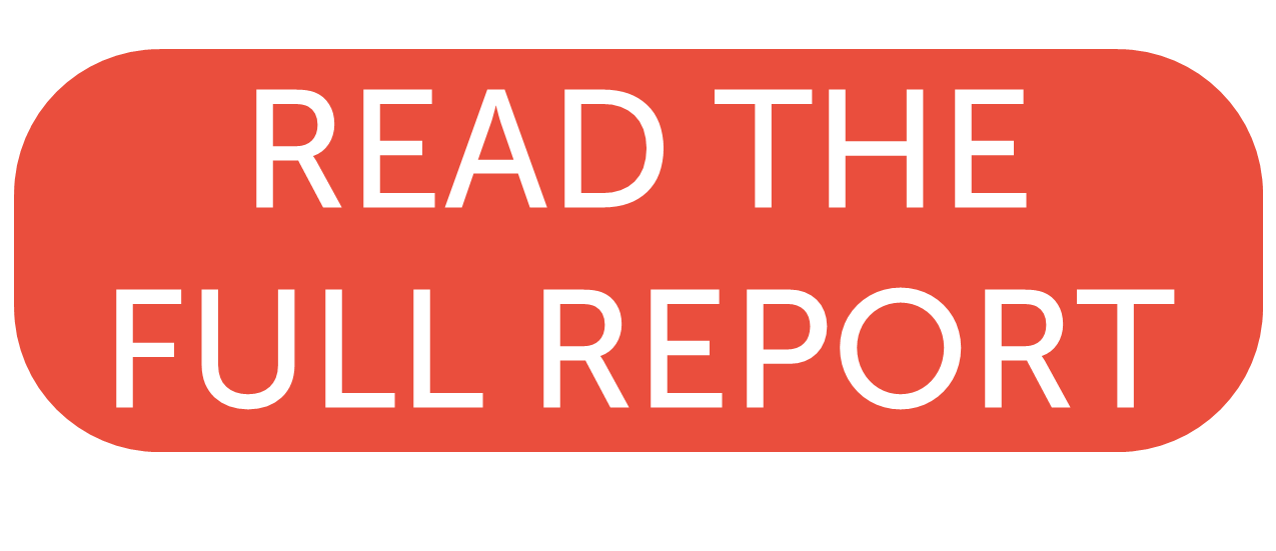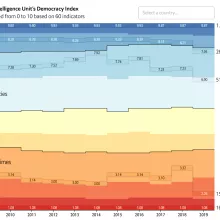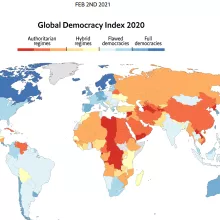|
STATUS NOTE: Thank you for all of your contributions and thoughtful comments to this specific consultation forum on the draft CODES flagship report. The moderation of this specific forum page was finalized on 21 May 2021, and this thread was closed accordingly. All of your inputs are taken note of. Based on inputs, the CODES Co-champions are compiling an Action Plan, which will be brought back to the stakeholders for comments by early 2022 through a new forum. |
Background
The first flagship report to be released by CODES is a synthesis of the digital transformation and environmental sustainability nexus. The report seeks to lay the basis for discussion by outlining how these two megatrends connect, the risks and opportunities they represent, and a set of short-term priorities for public and private sector collaboration.
The intention is to collectively influence how public and private sector funding is allocated to build a digital planet for sustainability in terms of the data, standards, safeguards, infrastructure, public-private partnerships and digital public goods. In particular, identifying the kind of digital public goods, infrastructure, incentives and enabling policies that are needed to unlock commercial and non-commercial investment in thriving, inclusive, nature positive economies.
Audience
This consultation is open to all with specific call for all stakeholders in the CODES Community to participate and add their voice.
Impact
The inputs from the CODES community will feed into the finalization of the report. The report will be used as the basis to establish an acceleration plan for building a digital planet for sustainability. It will be used as the main input to the planned CODES conference “A Digital Planet for Sustainability” in late June. More information on the conference is available here.
Accessing the draft report
The draft report can either be accessed as a PDF in the "files" section of this page or from the following web link. The web link allows for automated translation of the content using the Google Translate feature of SparkBlue:

Please review the draft report and consider the following questions as part of your ideation process:
|



Thanks boileaup - this looks like a good reference and we will make sure to review and include in the report. Can you let me know where it was published and what is the full citation and URL ? Thanks